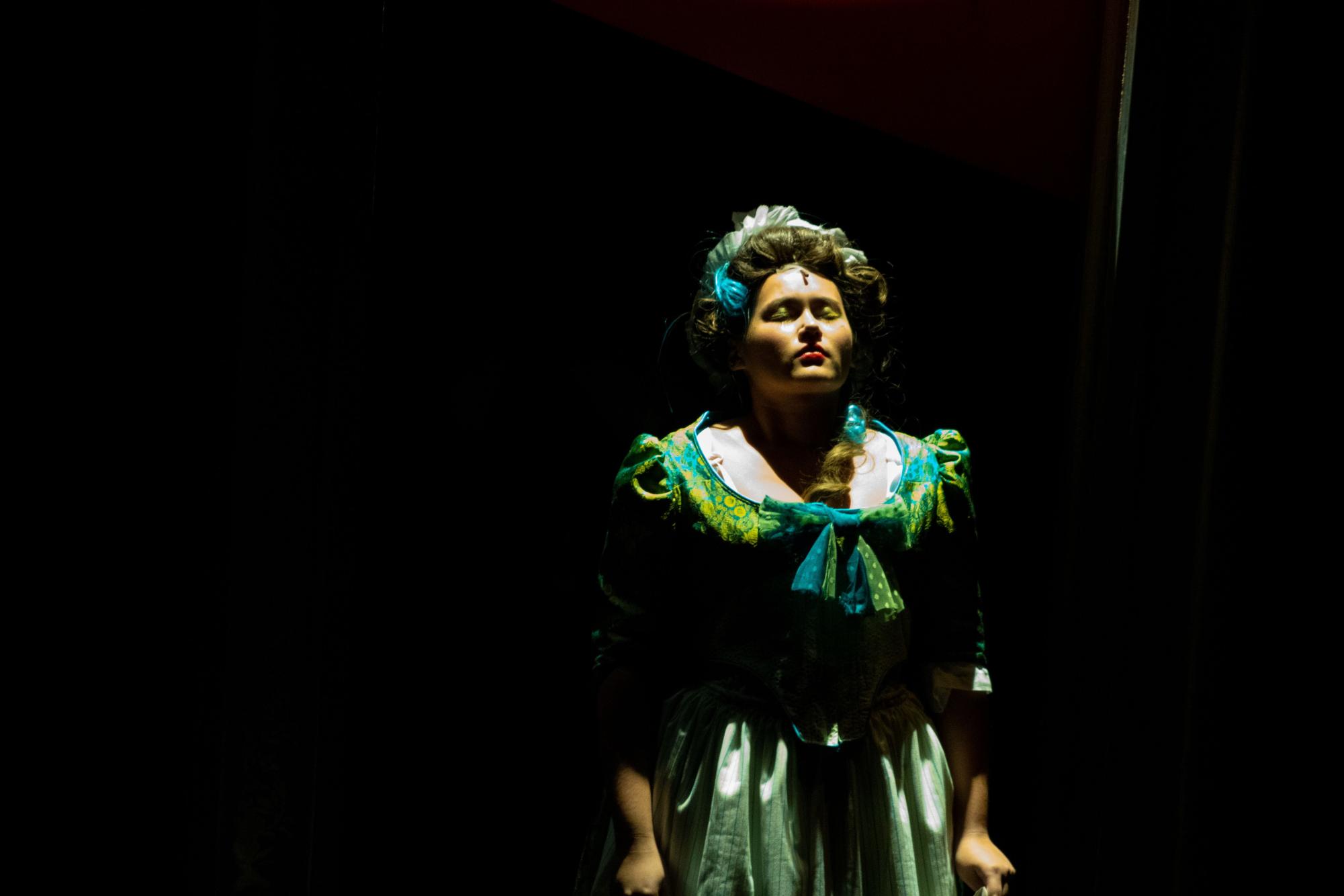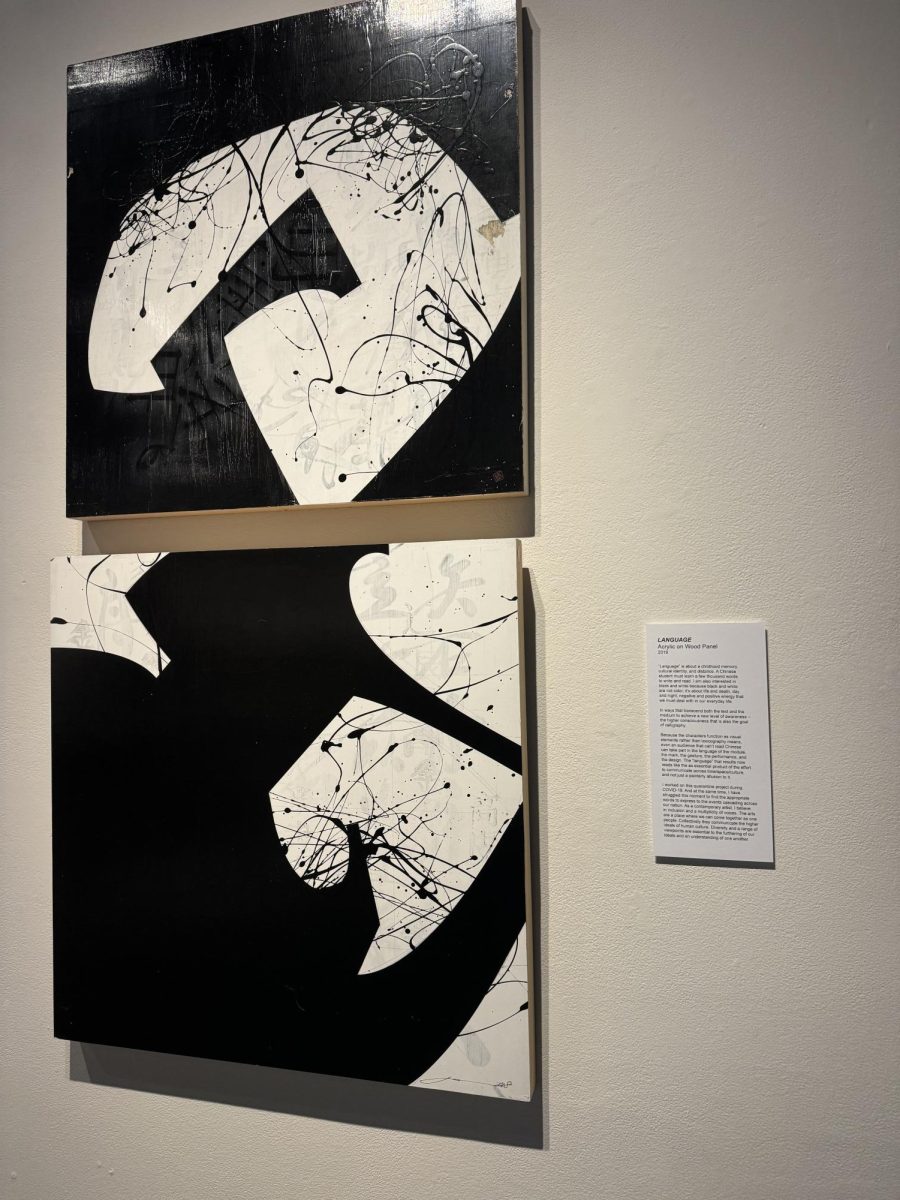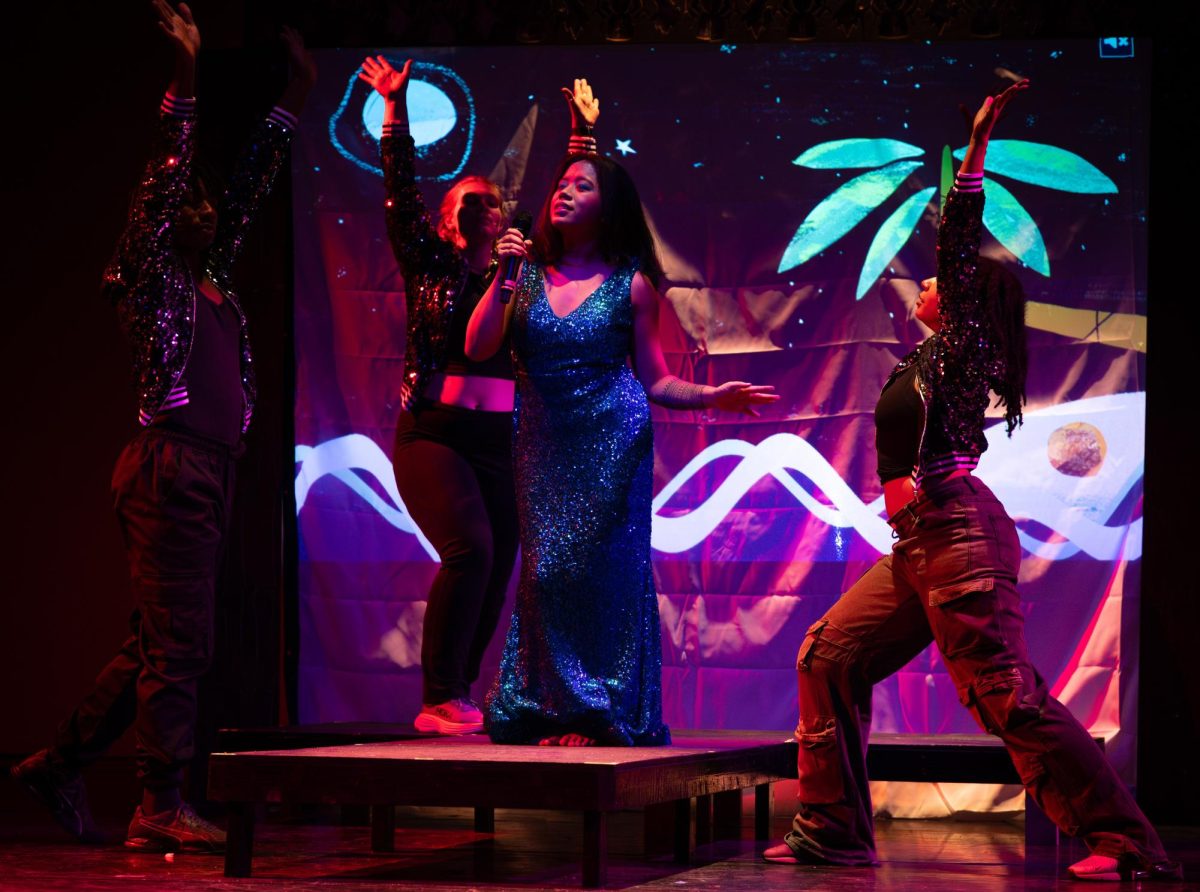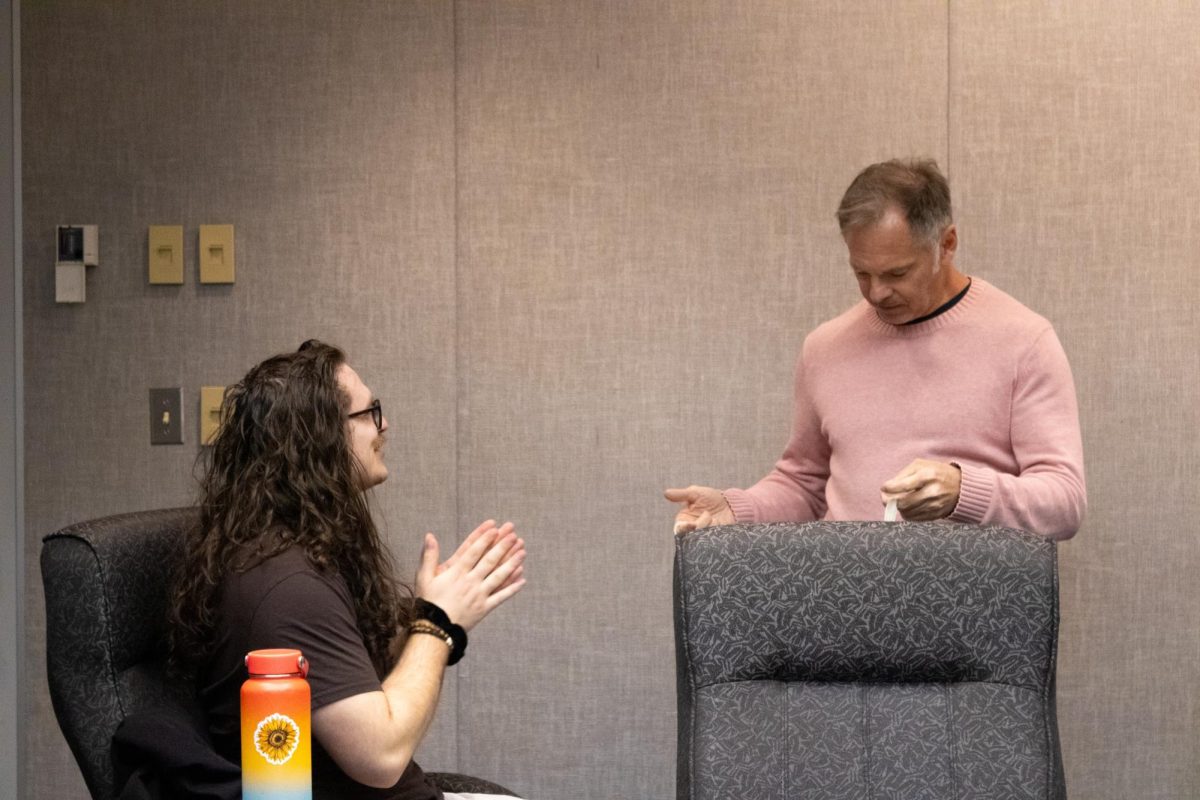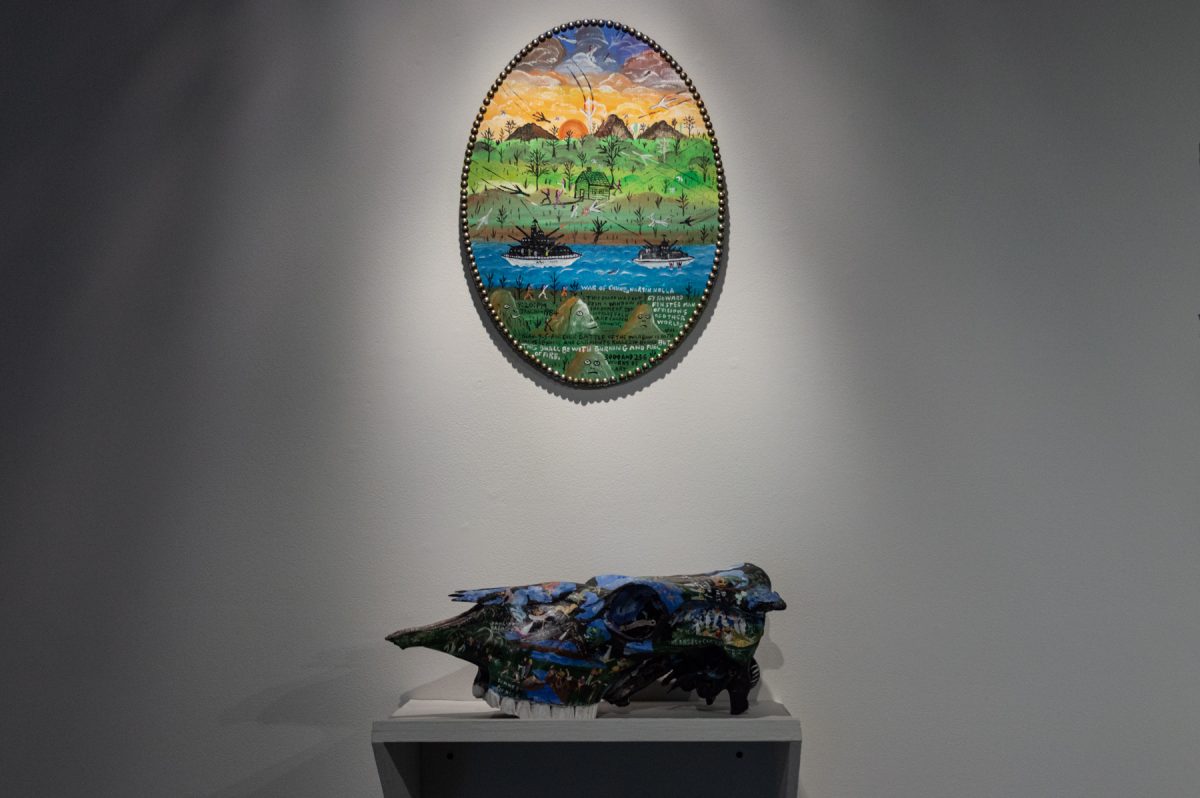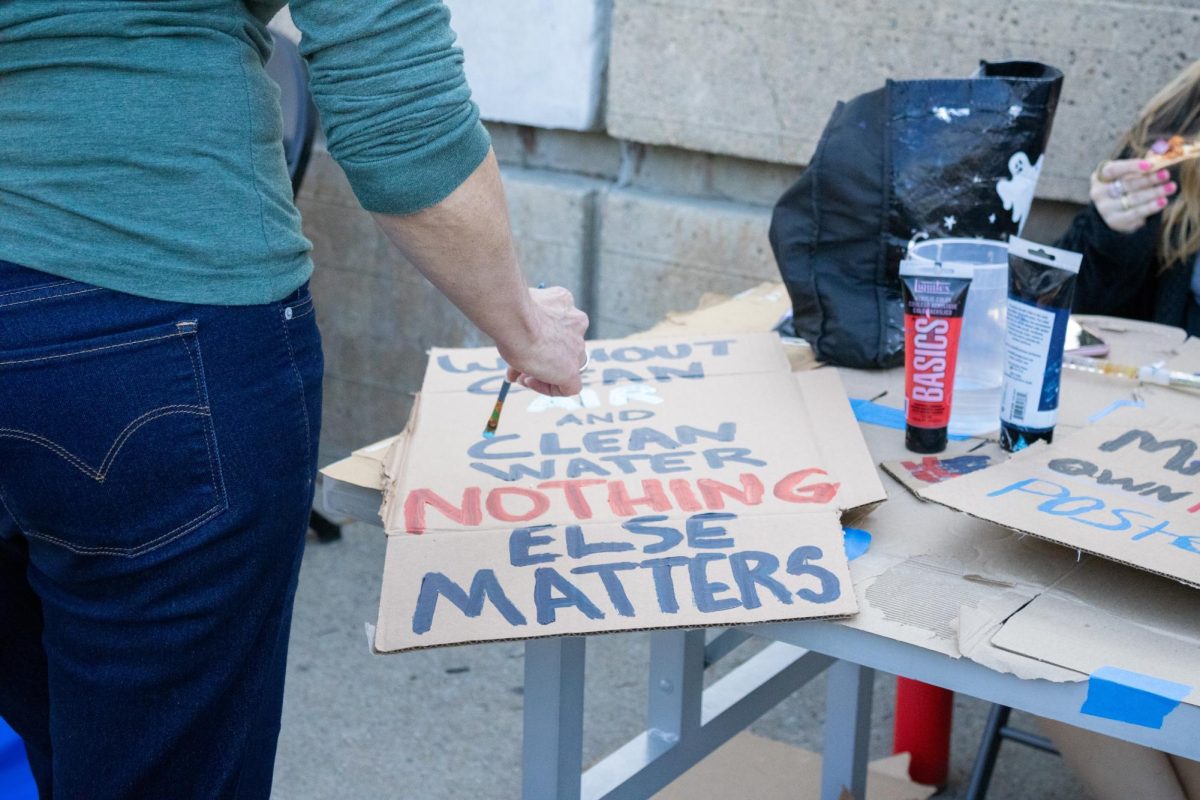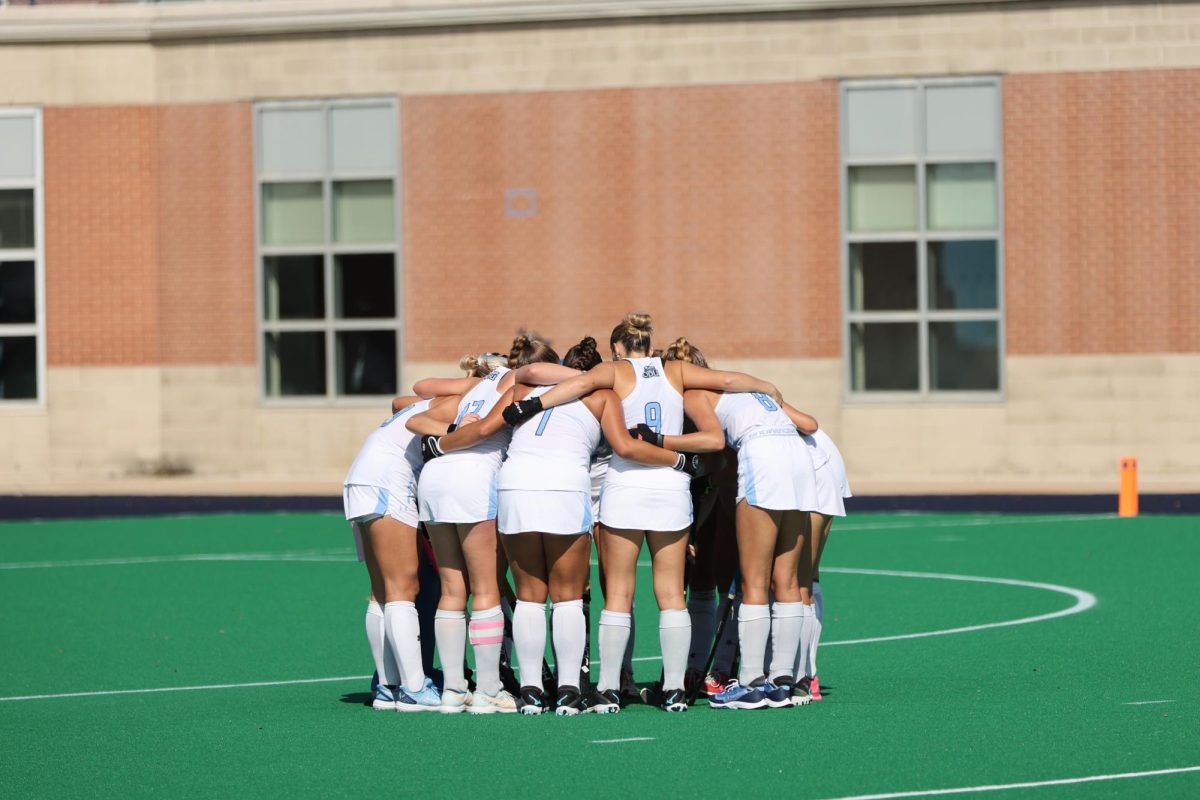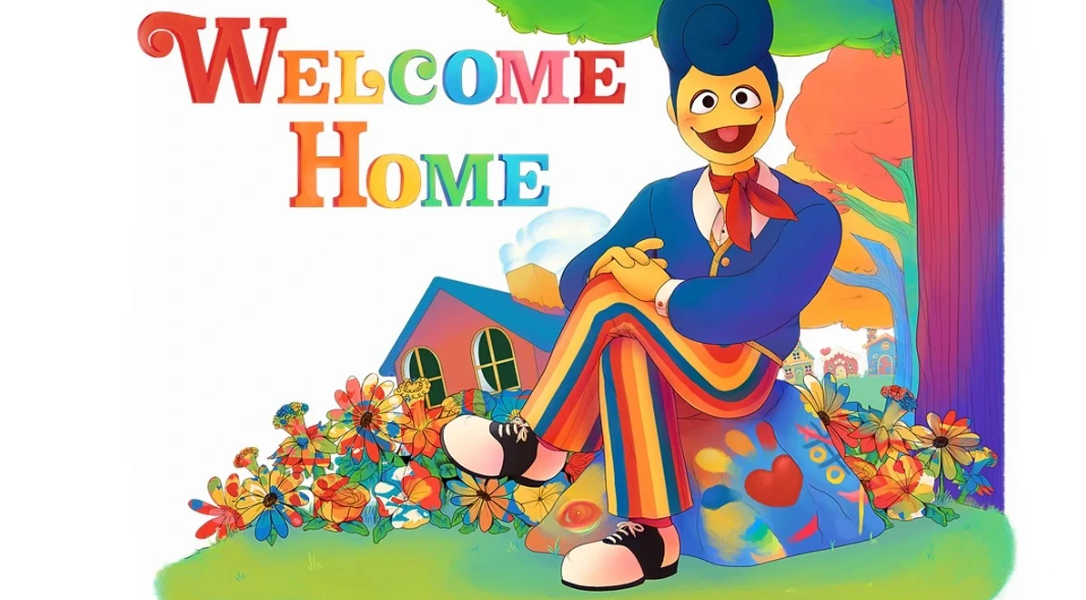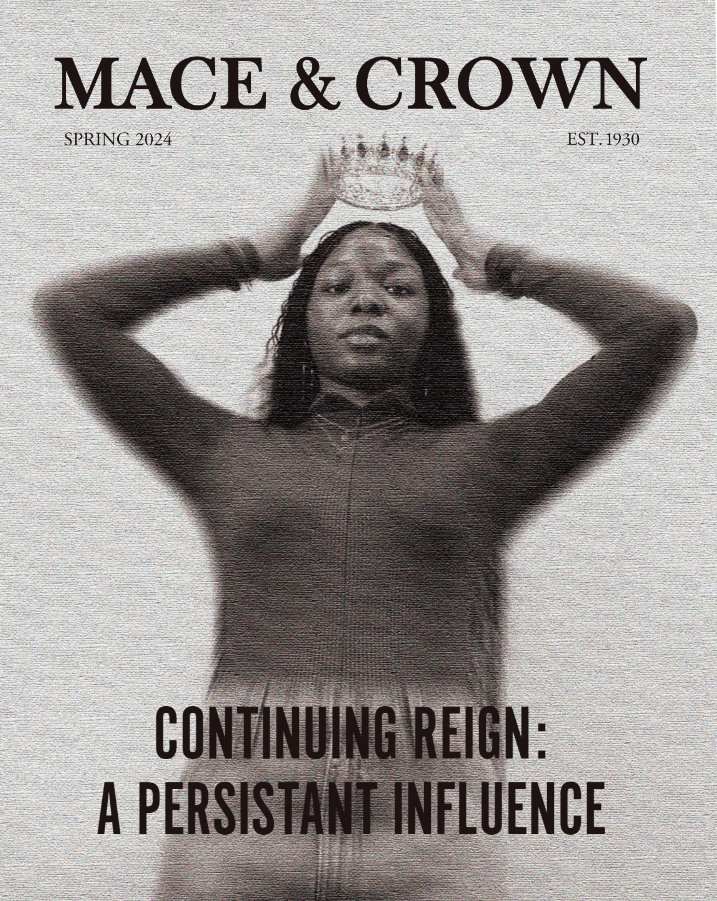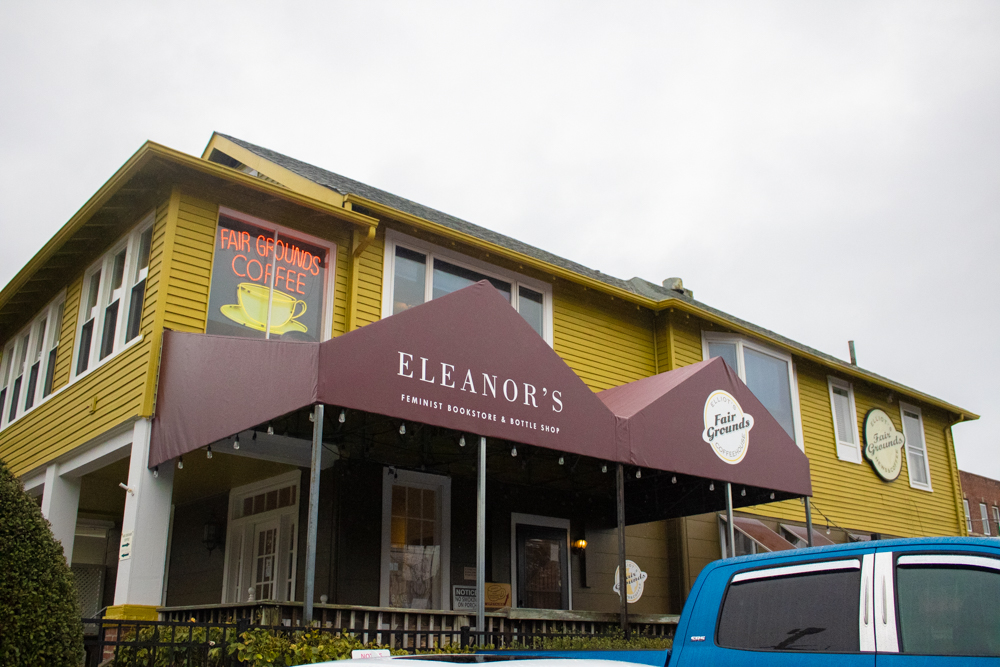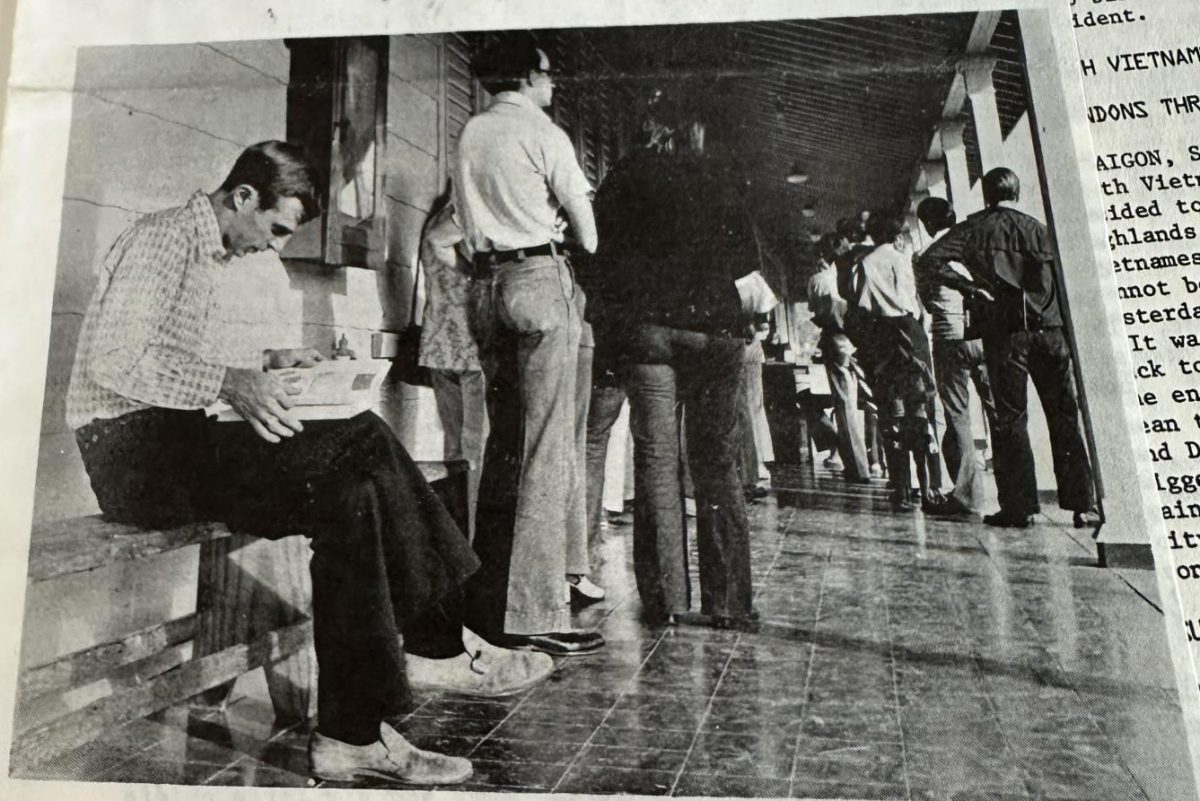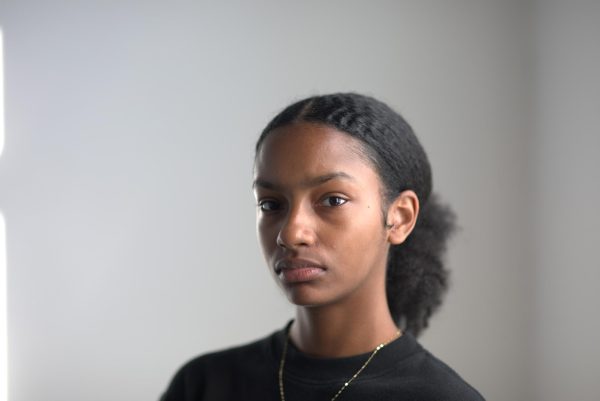While five guillotines cast a shadow over an off-kilter set, a playwright sits at her crowded desk. She tries to start her play but feels blocked when three women burst into her office: a revolutionary, an assassin, and Marie-Antoinette with pink streaks in her iconic wig of piling curls.
“The Revolutionists” is a feminist comedy set during the French Revolution that features four major characters: Olympe de Gouges (Reicse Owen), Marianne Angelle (Leila Bryant), Charlotte Corday (Angelina Paquin), and Marie-Antoinette (Abbie Pregitzer). Angelle, Corday, and Marie-Antoinette each visit de Gouges with a request that she write something for them—pamphlets, declarations, and final words—while the Reign of Terror rages around them.
Written by Lauren Gunderson, “The Revolutionists” ran from Feb. 15 to 25 as ODURep’s first play of spring 2024 and the first comedic play after a long line of dramatic plays.
“The Revolutionists” was directed by Kate Clemons, marking her directorial debut at ODURep after working on productions such as “Taking Measure” and “Macbeth.” According to Clemons, Jim Lyden approached her to direct a play for the spring semester.
“We knew we wanted something lighter,” said Clemons.
“There’s a lot of good answers to the dramaturgical question of why this play is happening now.” Clemons continued. “It’s a period piece, but it’s really accessible. The language is not heightened.”
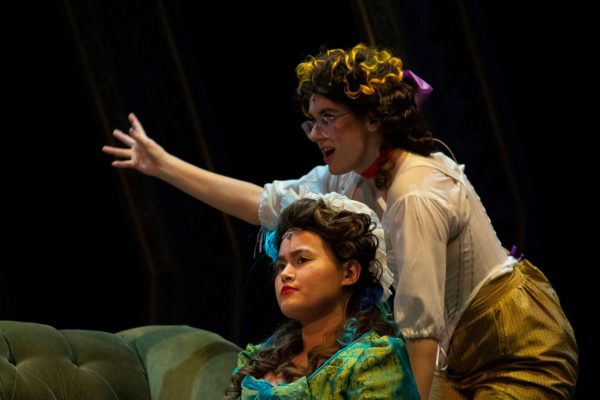
Reicse Owen described “The Revolutionists” as a “breath of fresh air.
“Has this show—has the turnaround been super stressful and hard, more so than any show I’ve ever been in? Yes, but […] the counterbalance is that it’s fun. […] I was just super glad that I got to explore that different part of my acting,” Owen said.
For Leila Bryant, it had been a while since they acted in a comedic production.
“It was relearning what the pacing meant—getting comfortable in your own body and your own words. I enjoyed it because it was like relearning a language that I knew.”
A play set in the Reign of Terror might not seem lighter than the horrors of the Trojan War or the political intrigue of “Macbeth,” but “The Revolutionists” approaches its story with fast-paced humor.
“There are sad moments in the show, but I think the overarching experience of the show was fun and lighthearted, and you were able to just sit back and chill and experience it,” said Bryant.
“Gunderson wields comedy to sort of disarm us into laughing and letting our guard down, and then all of a sudden, he sort of hits us with one of those big truths,” said Clemons.
The story of “The Revolutionists” is predominantly fiction, set in the mind of the main character, historical feminist playwright Olympe de Gouges, as she stands on the guillotine scaffold awaiting execution—a fact only revealed at the end of the play. However, the script still contains an abundance of historical references. Perhaps the most surprising accuracy is in Olympe de Gouges’ treasonous play, where she lectures Marie-Antoinette on how France should be led. This play, “La France Sauvée ou le Tyran Détroné,” was written by the real de Gouges and was used at her trial to sentence her to execution.
“The Revolutionists” introduces intersectionality by honoring the stories of the women who took part in the Haitian Revolution through Marianne Angelle, calling out the hypocrisy of the French fighting for freedom while keeping a slave colony in the Caribbean.
“You might be familiar with the idea of theaters’ purpose being to hold a mirror to society,” said Clemons. “What [Gunderson] does, I think the best metaphor I can use for it is she holds up a disco ball […] we’re sort of holding it up to history and refracting the light and the colors elsewhere in order to more fully see ourselves.”
“This show talks a lot about feminism and sisterhood, being there for one another and holding each other up, and being mindful of who’s telling our story and what they decide to tell,” said Paquin.
“We’re wrestling with questions about the social issues that were prevalent during the French Revolution, and many of them we still have not yet solved,” Clemons continued. “[…] themes of feminism, the unfinished work of feminism, and the need for a more inclusive feminism. We also see themes of systemic racism at play, social justice, and the cost of action: What does it mean to actually do something about it?”
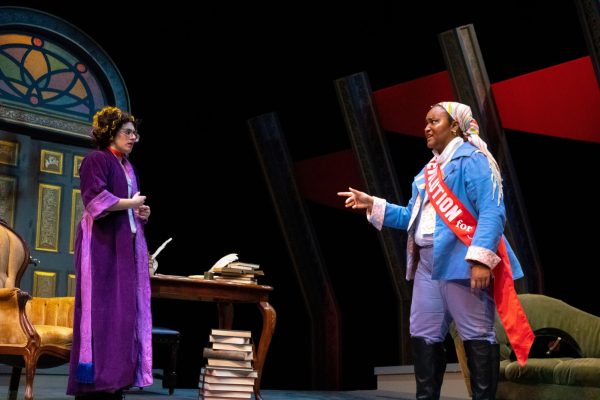
The costumes are one of the most eye-catching parts of the show. Bright and detailed, they draw inspiration from historical French fashions but are mixed with modern-day aesthetics.
“They’re discussing very modern ideas and concepts, so it’s important that we capture that modernity even though it is ‘a period piece,’” said costume designer Meredith Magoun.
Each of the four characters’s main costumes was made from scratch in the seven weeks leading up to opening night. Magoun bought many of the fabrics used from stores in New York City. When crafting the costumes, Magoun and student assistants stayed true to historical silhouettes, even taking care to procure shoes that were accurate to the time period.
The costumes each have a unique design and silhouette while reflecting the characters’ individual arcs and personalities, from Marie-Antoinette’s extravagant pink gown to Corday’s understated green dress, de Gouges’ corset and breeches, and Angelle’s soldier-like coat.
The costume department also crafted three wigs for de Gouges, Corday, and Marie-Antoinette, using styles similar to the wigs from the French Revolution’s time with colorful yellow, green, blue, and pink streaks to give them a modern edge. The makeup for the show is completely rooted in bold aesthetics rather than the pale faces and subtle rosiness popular during the French Revolution.
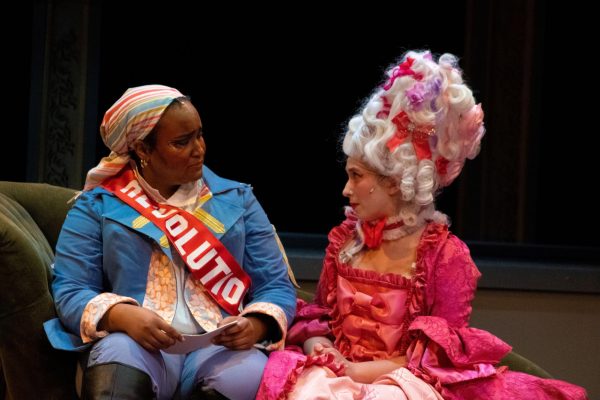
The production also included a cultural sensitivity coordinator, Bethany Mayo, to help the actors handle the serious topics and scenes included in the play. Mayo is an adjunct professor at ODU and works with the Virginia Stage Company.
“[She] was definitely necessary for a lot of the sticky bits we had, allowing us to understand how to work with that in the world we were creating and to help the audience process and get through it as well as the actors,” said Leila Bryant. “[…] It was treating us like human beings in the world of fiction.”
“She definitely put me at ease about some things,” said Abbie Pregitzer. “[She gave] us different ways to be able to speak and receive lines. And by the end of the process, I felt so much more comfortable.”
Owen plays Olympe de Gouges as theatrical and flighty, balancing her desire to leave a great legacy with her fear of her looming execution. For Owen, it was a challenge to connect to de Gouges.
“She is awful. She sucks,” said Owen. “She’s the worst person; she is not redeemable. She is horrific. And then [Mayo and I] had a conversation about, ‘Okay, allow her to be unlikable.’ Male characters are allowed to be unlikable. Do you feel like she can’t be unlikable because she’s a woman?”
Paquin expertly swings between the aggressive bravado and charm of Charlotte Corday, unfolding into a moment of vulnerability toward the end of her story while never losing sight of her drive and motivation.
“It takes a lot of courage to be able to admit that you’re scared, and [Corday is] able to do that, but still do what she thinks is right,” said Paquin. “[…] I hope the audience can also learn from her in that sense.”
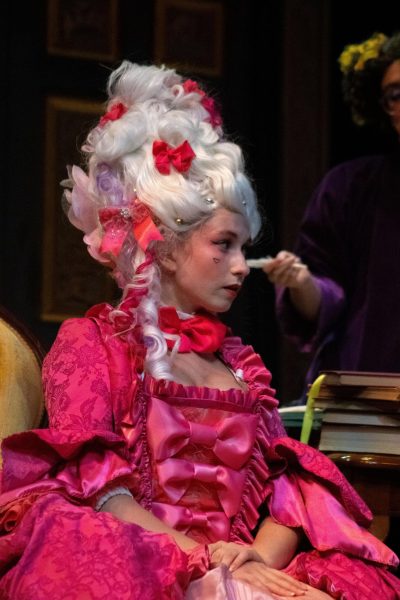
Pregitzer’s portrayal of Marie-Antoinette first gives the impression that the former queen is air-headed and oblivious, but Pregitzer shows her bonding with the other women on stage and displaying moments of great empathy.
Bryant cut a commanding figure on stage as Marianne Angelle, a “sardonically sympathetic” character who does not have time for comedic theatrics as she is gathering intel for the Haitian Revolution. Bryant also displayed key moments of Angelle’s warmth and vulnerability, such as fondly recalling memories of her husband and children and comforting Corday before her execution.
“Marianne is both flesh and spirit in this show,” Bryant explained. “[…] I think she’s a representation of the fighting spirit of the Revolution, as well as the tragedies and the human feelings and thoughts you have when you’re faced with difficult, humanitarian situations.”
ODURep Theatre’s spring 2024 season is off to a strong start with the colorful and comedic production of “The Revolutionists.” Though their straight plays are wonderfully executed, a comedic play was a much-needed breath of fresh air.
“I think ODU shouldn’t be afraid to do what the students enjoy doing […] and open up their minds and hearts to what the student body wants, which is relief from the current state of the world,” said Bryant. “I think they shouldn’t be afraid to do more shows like this.”
Disclaimer: This author worked on building parts of the set for “The Revolutionists.”

